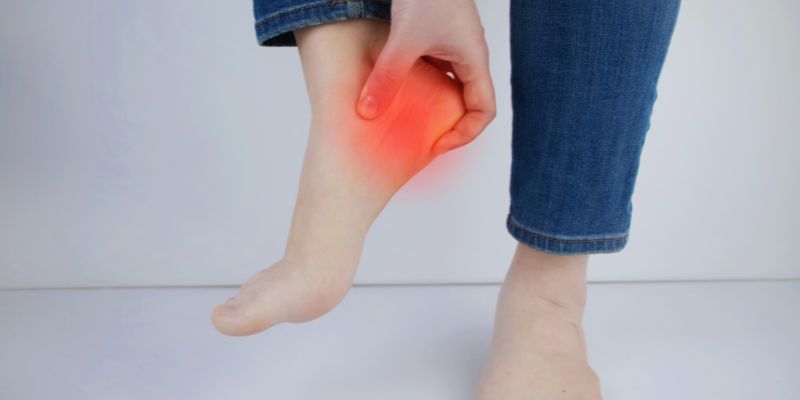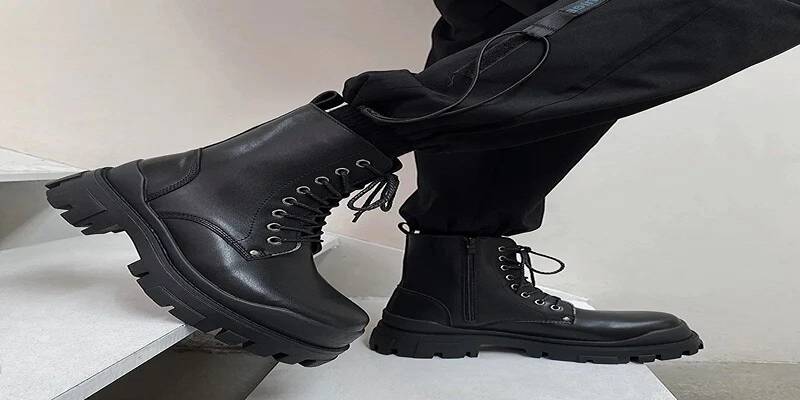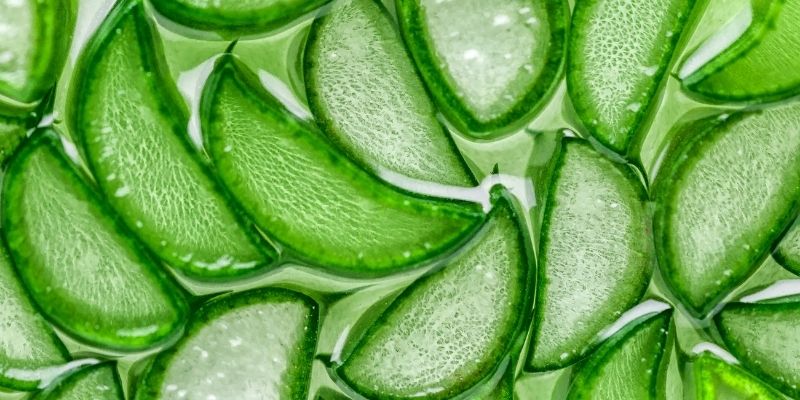Humectants Explained: How They Keep Hair and Skin Hydrated
Recently, "humectants" have received interest in skincare and haircare. Due to their moisture-retaining properties, humectants are often found in moisturizing lotions, conditioners, and face serums. Humectants help hydrate skin and hair for healthy, vibrant skin and hair. This page discusses humectants, their kinds, functions, and advantages. Additionally, it will explain how to choose humectant-containing products to hydrate skin and hair.
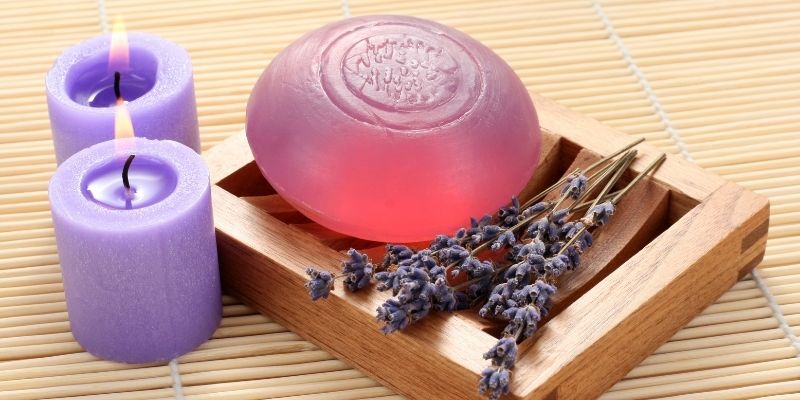
How Do Humidifiers Work?
Natural and manufactured humectants attract moisture from the environment to the skin and hair. They absorb airborne water, trap it in the skin or hair's outer layers, and inhibit evaporation. This technique prolongs skin and hair moisture.
Humectants retain water molecules. Humectants preserve moisture by binding to water molecules in skin and hair. Humectants establish hydrogen bonds with water, hydrating them. Like sponges, they retain water and hydrate.
Besides pulling moisture from the air, humectants promote skin and hair barrier function. Humectants minimize dryness and irritation caused by severe weather or environmental stresses by hydrating the skin and scalp.
Types of Humectants:
Natural and manufactured humectants exist. Here are some typical skincare and haircare humectants:
Glycerin
Cosmetics employ glycerin as a popular humectant. Glycerin, made from plant oils or petroleum, absorbs moisture and hydrates the skin. It nourishes skin and hair without greasyness, making it popular in moisturizers, body lotions, shampoos, and conditioners.
Hydroxyl Acid
The body produces hyaluronic acid, one of the most efficient skincare humectants. It hydrates the skin well since it can store 1,000 times its weight in water. It plumps and hydrates the skin in serums, moisturizers, and masks.
Plastic Glycol
Synthetic humectant propylene glycol is also utilized. It absorbs airborne water and locks it into skin and hair to prevent moisture loss. Lotions, creams, and hair products use it.
Urea
Sweat and urine contain urea naturally. Urea is an excellent component in creams and lotions for dry, rough skin because it attracts moisture. In hair care products, urea helps keep hair and scalp moist.
Aloe
Aloe vera is a calming and moisturizing plant-derived humectant. It moisturizes and soothes sensitive skin in gels, lotions, and after-sun treatments. Aloe vera, which hydrates the scalp and improves hair structure, is a popular hair care component.
Honey
Honey is an excellent skin and hair care ingredient since it's a natural humectant. Honey nourishes softens, and moisturizes skin and hair with antioxidants, vitamins, and minerals. Shampoos, conditioners, and face masks include it.
Sorbitol
Sorbitol, a sugar alcohol, infuses skincare and hair products with moisture. Protects items from drying and maintains their texture and moisturization. Sorbitol is in shampoos, moisturizers, and toothpaste.
Betaine
Beets provide betaine, which attracts moisture and prevents dehydration. Mild and non-irritating, it's appropriate for delicate skin. It is found in shampoos, conditioners, and other moisturizing preparations.
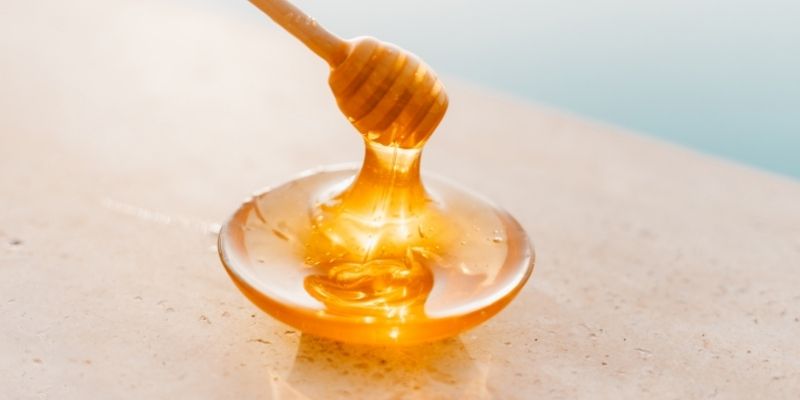
Humectant Products
Many skincare and haircare products, particularly hydrating ones, include humectants. Some popular humectant-containing products are:
- Most moisturizers include humectants for long-lasting hydration. These creams draw and trap water from the air to keep skin soft and smooth. Many face and body moisturizers for dry or sensitive skin include humectants such as glycerin, hyaluronic acid, and urea.
- Humectants in shampoos and conditioners keep hair moisturized. Shampooing might dry hair, but it keeps it smooth and manageable. Glycerin, aloe vera, and honey treatments hydrate hair well.
- Serums and Face Masks: Hydrating serums often include hyaluronic acid, glycerin, and aloe vera. These deep-moisturizing treatments fill fine lines and wrinkles. Long-lasting hydrating face masks use humectants to nourish and moisturize the skin.
- Lip Balms: Glycerin and honey are used in lip balms to pull moisture into the skin and provide long-lasting hydration.
- Body lotions, particularly dry skin lotions, include humectants. They reduce flakiness and irritation by hydrating the skin all day.
Benefits of Humectants
Humectants may do more than moisturize skin and hair. Some benefits of humectant-containing products:
- Effective Moisture Retention: Humectants attract and hold moisture, nourishing skin and hair for lengthy durations. This makes hair and skin softer, smoother, and healthier.
- Anti-dehydration humectants enhance skin and hair texture. The skin becomes smoother and suppler. It may make hair shinier, simpler, and less frizzy and breakable.
- Humectants protect skin and hair from environmental influences, including severe weather and air conditioning. They're instrumental in winter when dry interior heating might cause moisture loss.
- Anti-inflammatory characteristics of humectants like aloe vera and honey heal inflamed skin. Skin care products for eczema and psoriasis commonly include them.
Products: What Should I Look for?
Choosing a humectant product involves numerous factors:
- The Type of Humectant: Glycerin, hyaluronic acid, and aloe vera are excellent humectants. Make sure humectants are prominent on the ingredients list, suggesting substantial concentrations.
- When picking a humectant-based product, consider your skin or hair type. Thicker moisturizers with several humectants may help dry skin. A lightweight glycerin or hyaluronic acid composition may be preferable for oily skin. Use humectant-rich shampoos and conditioners for dry hair.
- Other Ingredients: Emollients and occlusives help seal in moisture and improve the advantages of humectants. To lock in moisture, use a humectant-based moisturizer with oils or butter.
- Humectant-containing product compositions differ in efficacy. Concentrated treatments and serums hydrate more than moisturizers and conditioners. Choose a formulation that suits you.
Conclusion
Keeping skin and hair moisturized, silky, and healthy requires humectants to attract and lock in environmental moisture. Hydration and repair solutions include glycerin, hyaluronic acid, aloe vera, and honey to maintain moisture balance. Choose the proper humectant-based product for your skin or hair type for optimal results. Humectants are helpful, but correct usage is essential. If the air is dry or cold, it may pull moisture from deeper skin or hair layers. Adding emollients or occlusives helps lock in moisture. Use humectants in your skincare and haircare regimen to smooth skin and hair year-round.



